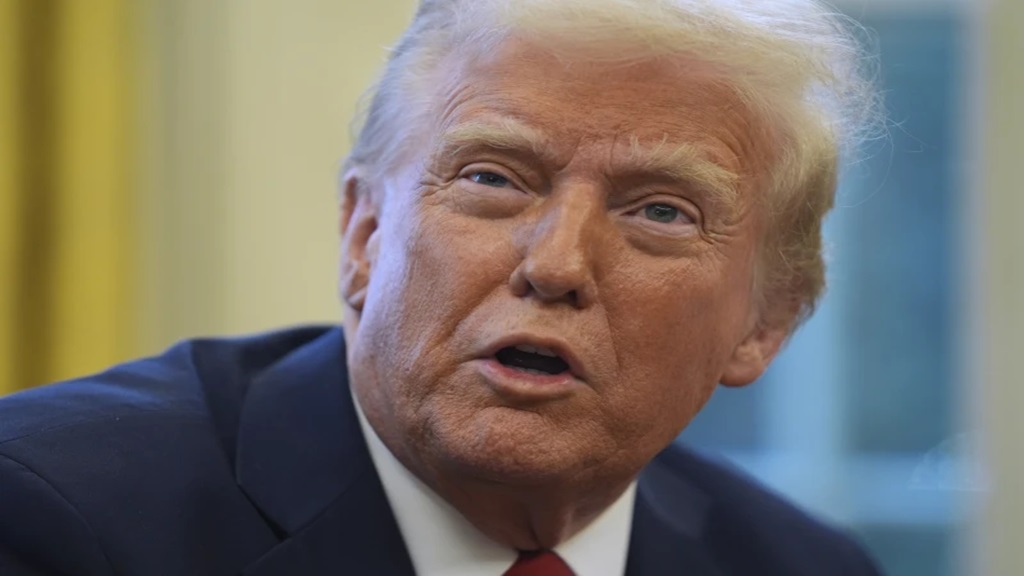By Simon Ings
Who has the right to drill the seabed for oil, gas or other valuable resources? Stuart Conway/Getty Images
A Blue New Deal: Why we need a new politics for the ocean
Chris Armstrong
Yale University Press (22 February)
THE oceans regulate the climate, provide us with food and produce at least half the world’s oxygen. And how do we repay them? By overharvesting their limited resources and polluting them with oil, plastics and noise.
Chris Armstrong, a political theorist at the University of Southampton, UK, says that if we are to save the seas, something has to change. In A Blue New Deal, he argues that the institutions and laws that govern our oceans are too fragmented, too weak and too amenable to vested interests to protect the marine environment from further destruction. They are also failing to address the inequalities that exist between rich and poor nations, he says.
He makes his case for a new approach by exploring the mess we are in. Historically, ocean governance has been shaped by two contrary ideas: the freedom of the high seas, espoused in 1609 by Dutch philosopher Hugo Grotius in his book The Free Sea; and the more familiar idea of enclosure, by which a coastal state is entitled to exclusive control and enjoyment of its immediate marine environment.
Grotius’s vision of an oceanic free-for-all would allow anyone with the wherewithal to exploit an ocean resource to do so as much and as often as they desire. This was a not entirely unreasonable position in the 17th century, given the limited technology available at the time.
Clearly, though, it is no longer workable given that only a handful of rich nations can afford the expensive technologies required for seabed mining and mineral extraction.
The arguments against enclosure are perhaps best explained by reference to a 1968 article by ecologist Garrett Hardin, in which he said that “Freedom in a commons brings ruin to all”, usually expressed as the “tragedy of the commons”.
The problem in applying this to the sea, as Armstrong points out, is that it isn’t necessarily true. The historical record is full of examples of resources held in common and governed equitably for hundreds of years. In his view, “the real tragedy for individual ‘commoners’ was enclosure itself, which saw them being evicted from the land by wealthy landowners”.
“Only a handful of rich nations can afford the expensive technologies required for seabed mining and extraction”
Armstrong laments that the same issue plagues the enclosure of the seas, with rich nations enjoying the status of wealthy overlords. This, he blames on the 1994 UN Convention on the Law of the Sea, which established exclusive economic zones (EEZs) extending for up to 200 nautical miles from nearly every shore. The rules exclude landlocked nations, including nine of the world’s 12 poorest countries, from a share of the spoils. But they don’t prevent richer nations from licensing the rights to exploit the EEZs of countries too poor to do so themselves.
And, while the law gave every state-owned atoll, rock and island an exclusive patch of sea to exploit, many belong to former colonial powers and other powerful nations. As a result, the US, the UK, France, Russia and Australia now command the resources of more than 45 million square kilometres of ocean.
What can be done? Perhaps a version of the treaty that, in 1961, established Antarctica as a place of peace and international cooperation – a commons in other words. Shortly after, the UN Outer Space Treaty of 1967 did the same for the worlds beyond our own. It isn’t beyond our legal capacities, Armstrong reasons, to govern our oceans along principles of common management, benefit sharing and even technology transfer between rich and poor nations.
Where Armstrong comes unstuck is in his ideas for enforcement. It is all very well to dream up a “World Ocean Authority” whose deliberations no state would have the power to veto or depart from. But what omnipotent and omniscient power will set up and drive all this selfless sharing? Not, I would bet, the destitute seafarers of the Gulf of Thailand; nor the blue whales and other non-human stakeholders of our increasingly stressed oceans.
More on these topics:
Note: This article have been indexed to our site. We do not claim legitimacy, ownership or copyright of any of the content above. To see the article at original source Click Here













